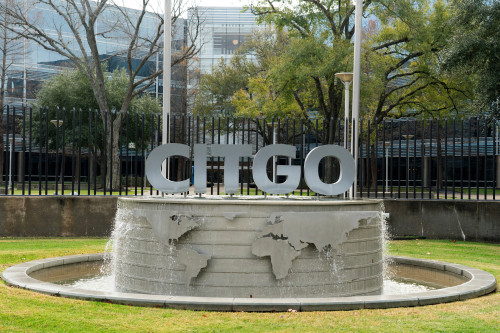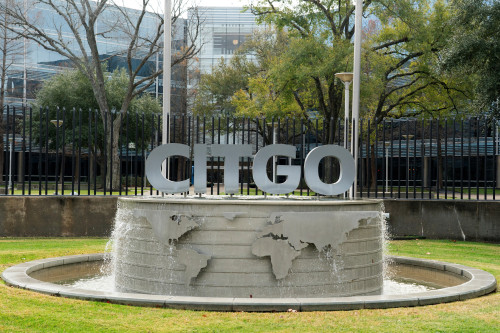By Scott Murdoch and Julie Zhu
HONG KONG (Reuters) – Alibaba Group and Tencent shares rose in Hong Kong on Monday as China’s $984 million fine for Ant Group was viewed as signalling the end of a regulatory crackdown on the country’s technology sector.
After the penalty on Friday, Jack Ma-founded Alibaba affiliate Ant announced an up to $6 billion share buyback that values the fintech company at a 75% discount to that touted in an abandoned initial public offering (IPO) but was considered to provide liquidity and certainty for investors.
The abrupt cancellation of Ant’s IPO in late 2020 heralded the start of a wide-ranging clampdown by Beijing on industries from technology to education, as regulators sought to contain what they saw as excesses and bad practice after years of runaway growth.
The People’s Bank of China (PBOC) on Friday said that most of the prominent problems for platform companies’ financial businesses had been rectified and regulators would shift their focus to overall regulation of the industry rather than specific companies.
“We view this announcement a key milestone for a regular, clear and visible regulatory environment for China’s internet companies,” Huatai Research analysts wrote in a note to clients.
The scrutiny of the last two years created an uncertain environment that wiped billions off China tech sector share prices, including online retail giant Alibaba, gaming company Tencent and food delivery group Meituan.
Alibaba’s Hong Kong shares have shed 71% since early November 2020 when the Ant IPO was scrapped and the regulatory crackdown began.
Alibaba’s Hong Kong-listed shares closed 3.2% up on Monday, beating a 0.6% rise for the benchmark Hang Seng index. Tencent closed 0.7% up.
In the US premarket trading, Alibaba’s New York stock was down 0.1%.
Beijing’s move to finalise penalties and outstanding issues with Ant and other tech names comes as China’s economy “is challenged by a weak recovery” and is meant to assuage investor concerns as well as meeting commitments to support private sector growth, Daniel Tu, founder of Active Creation Capital, said.
Besides Ant, the Chinese authorities also fined Tencent’s online payment platform Tenpay nearly 3 billion yuan ($414.88 million) over areas such as customer data management.
ANT GROUP’S SHRUNKEN VALUATION
Alibaba, which spun off Ant 12 years ago and has a 33% stake, on Sunday said it was considering whether to participate in the buyback that would transfer shares to an employee incentive scheme.
Ant’s major shareholders, Hangzhou Junhan Equity Investment Partnership and Hangzhou Junao Equity Investment Partnership, which collectively hold more than 50% of its shares on behalf of the company’s executives and employees, will not participate in the buyback, it said.
Foreign investors bought into Ant in the third fund raising round in 2018.
Ant said on Saturday that it proposed to repurchase up to 7.6% of its equity interest at a price representing a valuation of about $78.5 billion.
That compared with the $315 billion valuation in 2020 for what was set to be the world’s largest IPO, had it not been derailed at the last minute by Chinese regulators.
The buyback will be one of the first opportunities for Ant investors who participated in three funding rounds from 2015 to 2018 to sell out of the company.
Ant’s largest onshore investors were the National Council for Social Security Fund, Zhifu (Shanghai) Investment Centre, Shanghai Zhongfu Equity Investment Management Center and China Life Insurance, according to the 2020 IPO prospectus.
Ant and its subsidiaries had violated laws and regulations in areas including corporate governance, financial consumer protection and anti-money laundering obligations, the PBOC said on Friday as it announced one of the largest fines to date for a Chinese internet company.
The finalised penalty could prepare for Ant to secure a financial holding company licence, lift its growth rate and eventually revive its plans for a stock market listing.
However, analysts question whether Ant will press ahead with a listing in the near future.
“According to the company, the reason for the buyback is providing liquidity to existing investors and attracting and retaining talented individuals through employee incentives,” said Oshadhi Kumarasiri, a LightStream Research analyst who publishes on Smartkarma.
“Ant could have achieved both these objectives through an IPO … This means IPO is essentially put on hold.”
($1 = 7.2310 Chinese yuan renminbi)
(Reporting by Scott Murdoch in Sydney and Julie Zhu and Donny Kwok in Hong Kong; Additional reporting by Selena Li in Hong Kong; Editing by Anne Marie Roantree, Jamie Freed, David Goodman and Barbara Lewis)





